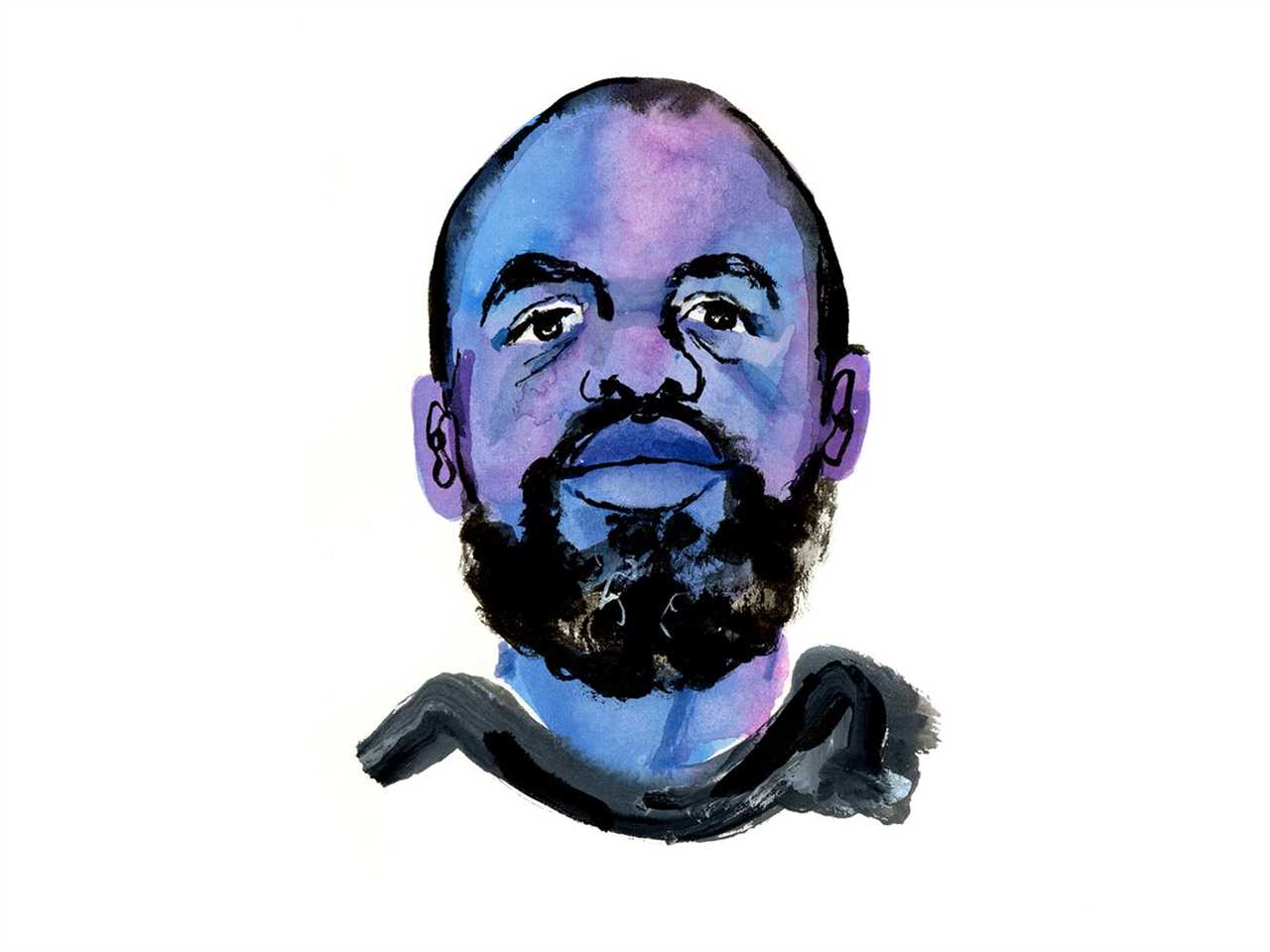
For the APEX Advocacy founder, moral consistency means championing the rights of all.
For Christopher “Soul” Eubanks, veganism is more than simply avoiding animal products. It’s also an opportunity to resist the exploitation of all beings, from the billions of animals tightly packed onto factory farm floors to the communities of color who disproportionately live alongside these polluting facilities.
Eubanks, a social justice advocate and innovative moral thinker, founded APEX Advocacy in 2021 to help redress the injustices at the intersection of racism, classism, and the consequences of Big Meat — such as pollution and unfair treatment of factory farm workers.
The nonprofit, which is based in Georgia and runs online programs like its Global Majority Caucus, aims to provide professional and personal development for BIPOC (Black, Indigenous, and people of color) animal advocates as they fight for “collective liberation through animal rights.” APEX also offers Pre-Animal Activist Week, or PAAW, a boot camp for people who want to learn how to advocate for animals through a social justice lens.
APEX combats the gnarly way environmental racism embeds itself within the factory farm system, including the intentional placement of polluting facilities in underserved communities. One APEX project, “No Backyard Slaughter,” strives to move slaughterhouses out of residential neighborhoods. Eubanks helps connect those most impacted by the slaughterhouses with the tools of activism, including leafleting and attending local government meetings.
Living near a slaughterhouse or factory farm is associated with higher rates of arrests, lower real estate values, and environmental harms that come with intensive animal agriculture, like eutrophication — when manure runoff causes algal blooms in water sources, driving down oxygen levels and killing animals living in the water. The health consequences can be dire. People who live near pig farms in North Carolina — a state where the number of pigs rivals the number of people and factory farm runoff can contaminate drinking water — are more likely to experience breathing problems, heart conditions, and “blue baby” syndrome, where insufficient oxygen in babies’ blood can lead to death.
APEX is the culmination of years’ worth of learning and activism for Eubanks. He says he first became vegetarian after reading The Autobiography of Malcolm X when he was 13 — Malcolm X was mainly vegetarian. Eubanks went vegan more recently, at the age of 35, after watching the documentary Cowspiracy, which explains the environmental impact of factory farming. Soon after, Eubanks began volunteering with animal rights groups including the Humane League, Anonymous for the Voiceless, PETA, the Animal Save Movement, Mercy for Animals, and more, and noticed a lack of diversity in the movement. Black Americans are more likely to be vegan than the overall population, but this is not reflected in the mainstream animal rights space. Eubanks founded APEX with the express goal of inclusion.
The animal rights movement has long been criticized for being predominantly white; APEX works to create more BIPOC leaders in the space. Eubanks felt that in order to be morally consistent with all the social justice movements he already cared about — to consider humans’ responsibility to all sentient beings — he would have to oppose the injustices suffered by Black and brown people at the hands of animal agriculture, as well as the injustices faced by animals.
For Eubanks, these struggles are inextricable from one another. “As long as we are continuing to contribute to the normalization of exploiting others” by consuming animal products, he said in a Facebook video, “it’s always going to have an impact on our overall society.”
----------------------------------------
By: Julieta Cardenas
Title: How Christopher “Soul” Eubanks fights for a better life — for animals and people of color alike
Sourced From: www.vox.com/23948915/christopher-soul-eubanks-apex-advocacy-founder-future-perfect-50-2023
Published Date: Wed, 29 Nov 2023 11:00:00 +0000






